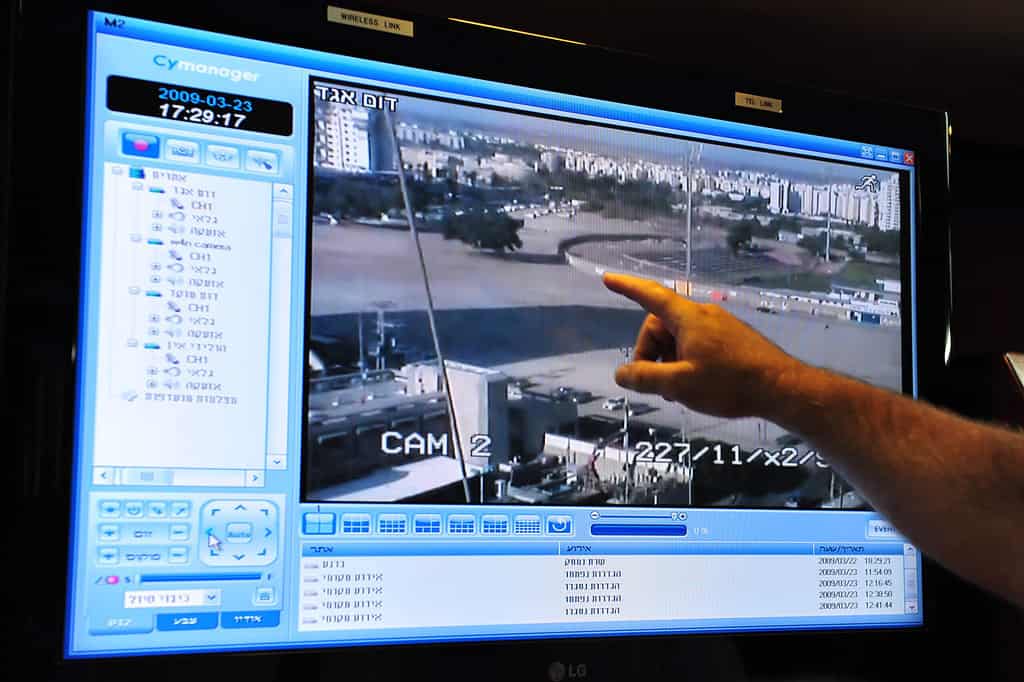Proving that someone has been served with legal documents is an essential aspect of the legal process. It ensures that the recipient is aware of the proceedings against them and has been given a fair chance to respond to the allegations. However, proving service can be a complicated process that requires adherence to specific rules and regulations.
Here are some of the ways a process server can prove that an individual has been served:
Proof of Service of Summons

An affidavit of service, also known as a proof of service or a return of service, is a legal document that verifies that a party has been properly served with legal documents such as a summons, complaint, or subpoena.
This document is typically completed by the process server or the individual who served the legal papers and is then filed with the court as proof that the service of process has been completed. The affidavit of service typically includes information such as:
- Header: This includes the name of the court, case number, and the names of the parties involved.
- Information about the served party: This section should include the name of the person or entity that was served, as well as their address and any other relevant contact information.
- Description of the documents served: This section should include a detailed description of the documents that were served, including the date they were served and how they were served.
- Information about the server: The proof of service should include the name and contact information of the person who served the document.
- Verification: The document must be signed and dated by the person who served the document, certifying that the information provided is true and accurate.
- Notarization: Some jurisdictions may require the proof of service to be notarized, which involves the notary public certifying that the person who signed the document is who they say they are.
- Attachments: Depending on the type of document being served, the proof of service may include additional attachments or exhibits, such as a copy of the document served or a description of the property being served.
It is essential that a process server provides accurate and detailed information in the affidavit of service as it serves as evidence that the service of process has been properly completed.
Failure to serve a party properly can result in the court dismissing the case or delaying the proceedings until proper service has been achieved. Therefore, the affidavit of service is a crucial document in any legal proceeding as it ensures that all parties are given adequate notice of the legal action against them.
Admission of Service

Using admission of service is another way to prove that legal documents were served. This method involves the defendant acknowledging that they received the legal documents.
This can be done through various means such as email or a signed letter. It can also be done in person, where the process server asks the defendant if they are willing to accept the documents and the defendant agrees. In some cases, admission of service can be done over the phone, where the defendant verbally acknowledges that they received the documents.
Once the admission of service is obtained, it can be used as evidence in court to prove that the defendant was properly served with the legal documents.
It is important to note that admission of service may not always be possible or reliable, as the defendant may later deny that they received the documents or claim that they were coerced into admitting service. In such cases, it may be necessary to rely on other methods of proof of service.
Video Evidence

Using video evidence can be a useful way to prove that legal documents were served.
In some states, process servers are allowed to record their attempts to serve the individual. This can be particularly helpful if the individual later disputes that they were ever served.
The video evidence can show the process server’s attempts to deliver the documents and can also provide evidence of the individual’s location and appearance at the time of service.
There are several drawbacks to using this method to prove that service of process occurred. The main ones are that not all states allow process servers to use video evidence, and there may be specific guidelines and requirements that must be followed.
It is up to the process server to ensure that any video evidence is obtained legally and ethically, and that the privacy rights of the individual being served are respected. If you’re considering using video evidence to prove that legal documents were served, it’s a good idea to consult with an attorney or legal expert who can provide guidance on the rules and regulations in your state.
Witness Testimony
Another way to prove that legal documents were served is through witness testimony.

In some cases, a process server may have a witness with them at the time of service. This witness can attest to the fact that the person being served was properly served with the legal documents. The witness can also provide additional information about the service, such as the location and time of service.
In situations where the process server does not have a witness with them, such as during substituted delivery, the person who delivered the documents, such as a friend or family member, may be able to provide witness testimony.
It is important to note that witness testimony may not be enough to prove service of process in all cases, and additional evidence may be required. Ultimately, the decision of whether or not service was properly executed will be up to the court.
What Happens When A Process Server Is Unable To Deliver Documents?
When process service isn’t possible, it can delay legal proceedings and negatively impact the outcome of a case. In such cases, getting proof of service might become difficult. If a process server is unable to locate the defendant or if the defendant refuses to accept service, they are allowed to use alternative means to ensure proper process service occurs.
One option is to request a court order for substituted service, which allows the process server to serve the documents in an alternative way, such as by leaving them with a family member or by posting them on the defendant’s door.
Another option is to publish a notice in a newspaper, which is known as service by publication. This option is typically only used as a last resort and is only permitted if the plaintiff can demonstrate that they have made a diligent effort to locate the defendant.
Ultimately, if all options for service are exhausted, the case may be dismissed. The rules regarding service of process vary by state and jurisdiction, so it is important to consult with an expert for specific guidance in your case.
About Unified Judicial
Unified Judicial Services is a professional Process Service Agency based in New York City and licensed by the New York City Department of Consumer Affairs.
The company is led and managed by a long-serving member of the legal community with extensive experience in the field.
With our commitment to excellence and acute professionalism, we do our best to provide our clients with truly dependable, affordable, and timely service. Unified Judicial Services has provided consolidated insight to the legal community for many years. We are reinforced, authorized, and guaranteed!
Please contact us today to learn more about our services and how we can help you.